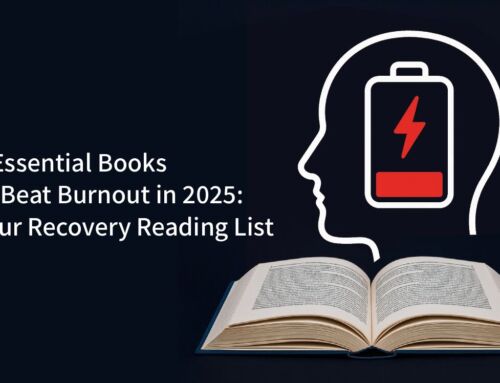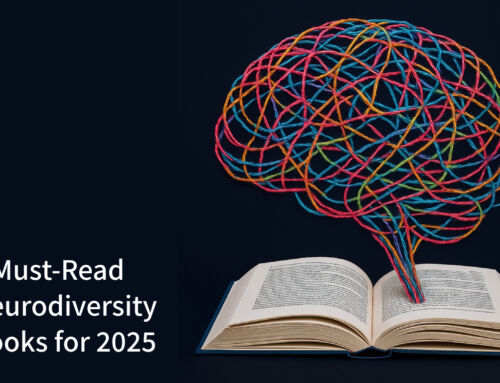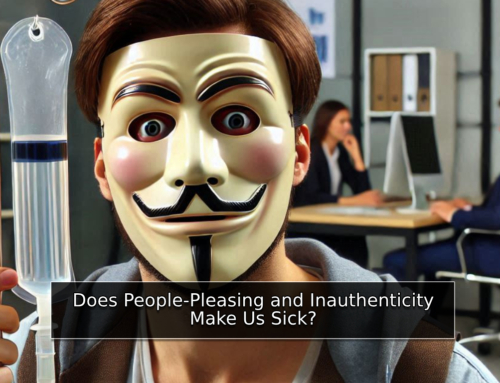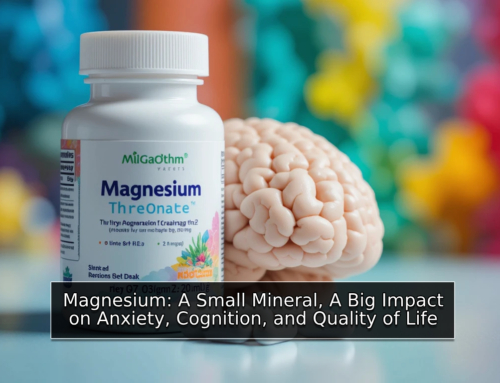Willpower: The Trap That's Holding You Back
So, Did You Give Up Again?
Ever started a new diet only to give up after a week? Or signed up for a course but quit halfway through? If you find yourself struggling to stick to new habits, you might be relying too much on willpower. But what if there's a better way to achieve your goals? A way that won't leave you feeling exhausted and defeated?
Willpower is like a muscle: it can get tired. When we rely on it too much, it can let us down when we need it most. When you're trying to change your habits or achieve a goal, your willpower is working overtime. And just like a muscle under intense strain, it gets fatigued after a while and doesn't recover easily.
The Willpower Trap
The problem is that willpower is a limited resource. The more you use it, the weaker it becomes. It's like the battery on your phone: the more apps you use, the faster the battery drains. When you try to change many habits at once, your willpower will quickly deplete, and you'll find yourself reverting to old habits.
So what can you do instead of relying on willpower?
- Focus on your values: Instead of setting specific goals, ask yourself: 'What is important to me in life? What values guide me?' The answers to these questions will help you find a deeper, intrinsic motivation that drives you to act from a place of personal meaning.
- Develop drive: Drive is not just desire; it's an inner force that comes from understanding that an action is truly important to you. It's like being drawn to something that matters to you, rather than forcing yourself to do something 'because you should'.
- Let go of your reliance on motivation: Instead of waiting for motivation to strike, we need to let go of our dependence on it. Motivation is like a gentle breeze; it can come and go. Remember that even when you don't feel like it, you can still choose to act in accordance with your values. Letting go of motivation also means letting go of self-judgment and feelings of inadequacy when you don't feel motivated, because motivation doesn't always exist when we need to do something unpleasant or uncomfortable. After all, as Friedrich Nietzsche said, "He who has a why to live can bear almost any how." In other words, if there's meaning behind our actions and we have a clear answer to why something is important, we can usually overcome the difficulties (or the 'how') of doing it.
- Accept yourself as you are: Self-acceptance allows us to stop fighting ourselves and start working collaboratively and compassionately with ourselves. This allows us to see our progress, even if it's slow, and to find the courage and strength to act in accordance with what matters to us, even if there are costs involved.
- Develop healthy habits: Instead of relying on motivation, try to create habits that become part of your routine. These habits will naturally lead you toward your goals, even on days when your motivation is low.
- Work with a therapist: A cognitive-behavioral therapist CBT ACT can help you identify the thoughts and behaviors that prevent you from achieving your goals and develop new strategies for coping with challenges. They can also help you discover your authentic values and draw on them to find the drive to take action and improve your sense of self-fulfillment, happiness, and wholeness.
In conclusion, willpower is an important tool, but it's not the only one. By focusing on your values, developing inner drive, practicing self-acceptance, building healthy habits, and working with a therapist, you can achieve your goals and feel more fulfilled and connected to yourself.
So the next time you find yourself struggling to stick to new habits, remember: there's a better way. A way that won't leave you feeling exhausted and defeated.
This way begins with understanding that willpower is not the only solution and focusing on tools and strategies that will help you achieve your goals consistently and sustainably.
Contact now
Ready to take the first step towards positive change? Contact me now for more information and to schedule an appointment. Whether you prefer in-person sessions in Tel Aviv or virtual meetings via Zoom, my integrated approach of Cognitive Behavioral Therapy (CBT) and Acceptance and Commitment Therapy (ACT) can help you break free from struggles and find greater fulfillment in life. I'll be sure to get back to you as soon as possible. Let's embark on this transformative journey together!
Call Whatsapp 052-2325511
Or fill out the following form.
Can ACT and CBT assist you or your loved ones?
Welcome to my therapy practice, where I offer a powerful combination of Cognitive Behavioral Therapy (CBT) and Acceptance and Commitment Therapy (ACT) techniques. CBT is a goal-oriented, short-term approach that's highly effective for anxiety, depression, low self-confidence, and more. ACT complements CBT, helping you navigate life's challenges and find fulfillment and authentic, happier life.
If you're struggling with anxiety, depression, low self-image, or facing setbacks, CBT combined with ACT may be the key to transforming your life. Break free from the struggle and take a step towards a happier, more fulfilling life.
Contact me today to schedule an appointment and embark on your journey of positive change. You don't have to face it alone; I'm here to support you every step of the way. Let's work together to create the life you deserve!





